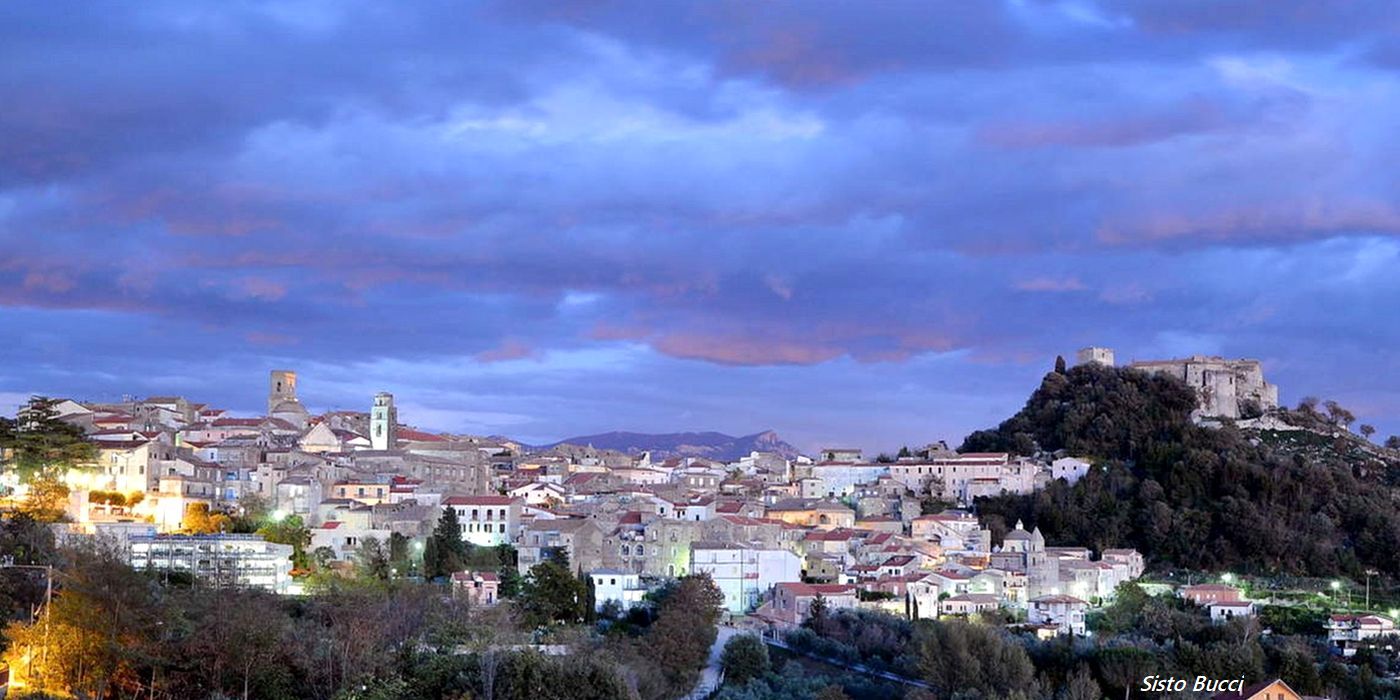Pope Francis: “overly self-referential parish churches”, no to forms of “defensive neo-clericalism”

“It seems that religious communities, the curia, parishes, are sometimes overly self-referential”, Pope Francis said addressing participants in the national meeting of diocesan representatives of the Italian Synod path in the Paul VI Audience Hall, on the last day of the Assembly of Italian bishops.
“A sort of a sort of ‘defensive neo clericalism’ appears to be worming its way through, somewhat concealed,
spawned by fear, by laments about a world that no longer understands us, by the need to claim and assert one’s influence,” Francis cautioned, once again decrying self-referentiality as a “disease of the Church.”
“Clericalism is a perversion, but a clericalist layman or laywoman are even worse”, Francis remarked.
“Being a Church open to everyone”, is the course indicated by the Pope: “Rediscovering co-responsibility in the Church is not tantamount to implementing a rational based on worldly power distribution. In fact, it means nurturing the yearning to recognise the richness of the charisms and uniqueness of our fellow others.
In this way, room can be created for those whose presence in the Church is hardly recognized; those whose voices are hushed if not silenced or ignored, those who feel unfit, perhaps because their paths of life have been difficult or complex. And so often they are excommunicated a priori.”
“We need Christian communities in which space expands, where everyone can feel at home, where the structures and pastoral means foster not the creation of small groups, but the joy of being and feeling co-responsible,” Francis said. “The journey should always be shared with others, never without the Other with a capital “O”, the Pope reiterated. “Becoming the Church” that God calls us to be “together”, for the Pope, “is an urgent need today, sixty years after the closing of the Second Vatican Council.” “The temptation to separate a few ‘skilled players’ performing pastoral ministry lurks continuously, while the faithful remain mere recipients of their actions,” he denounced. For Francis, “the Church must allow God’s heart to shine through: a heart open to all and for all.” This calls for an examination of conscience:
“We should ask ourselves, in our communities, to what extent we welcome and listen to the voices of young people, women, the poor, those who are disillusioned, those who have been hurt in their lives. Until their presence is seen as a sporadic voice in the overall life of the Church, the Church will not be synodal, it will be a Church of the few.”
After praising the Italian Church for having decided to create synodal groups in prison during the recently concluded stage of the Synodal path, the Pope gave a last instruction: “To be a ‘restless’ Church amidst the restlessness of our time.” “The Christian community is challenged to overcome prejudices and reach out to those who spent years in prison, to meet them, listen to their testimony, and break with them the bread of the Word of God,” was Francis’ invitation, with the wish that synodality may help us
“take vulnerability seriously.”
Francis recalled the exemplary figure of Don Primo Mazzolari, who warned against “life-stifling priest’”.
“A Church burdened by the weight of structures, bureaucracy, formalism, will struggle to journey through history,
keeping pace with the Spirit, walking towards the men and women of our time,” the Pope said, calling on the Italian Church to “keep walking guided by the Holy Spirit”, “the true protagonist” of the Synod. “Humility, selflessness and beatitude” are the essential ecclesial features previously highlighted at the 2015 National Ecclesial Convention in Florence:
“The Synod is not about seeking people’s opinions or reaching agreement: the greatest enemy of this journey is fear.”
“Courage and unity.” These are the two tracks which the Italian Church is called to follow, said Card. Matteo Zuppi, archbishop of Bologna, president of the Italian Bishops’ Conference, in his homily for the Holy Mass celebrated in St Peter’s Basilica. “Unity is holy, and it is no coincidence that it is always connected with peace. War breaks out when division is accepted, when it is instigated,” the Cardinal argued. In the opening of his homily, Zuppi referred to war as “a fratricidal war machine”, he mentioned “the burdensome anguish that weighs heavily on the soul of the Ukrainian people who yearn for peace.” We are not “unknown functionaries”, but “a great people, which welcomes all ethnicities because we are God’s holy people”, said the president of the Italian Bishops’ Conference: “In Communion no one is unemployed, and no one is unimportant.”
(Fonte: AgenSIR – News archiviata in #TeleradioNews ♥ il tuo sito web © Diritti riservati all’autore)






